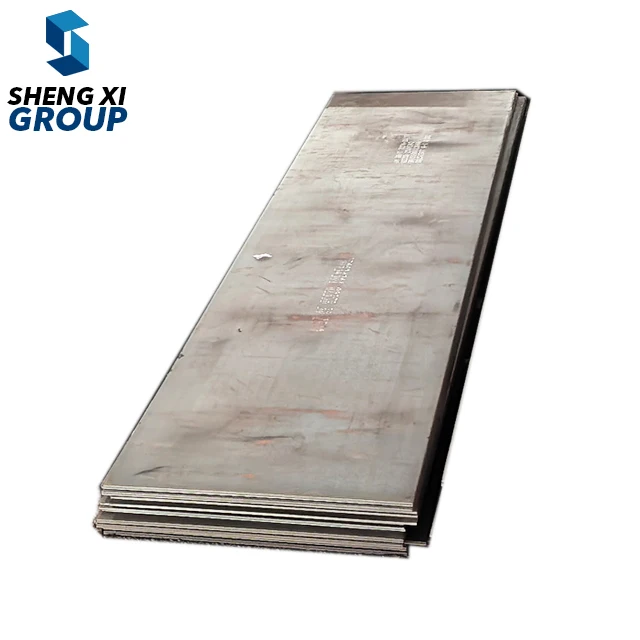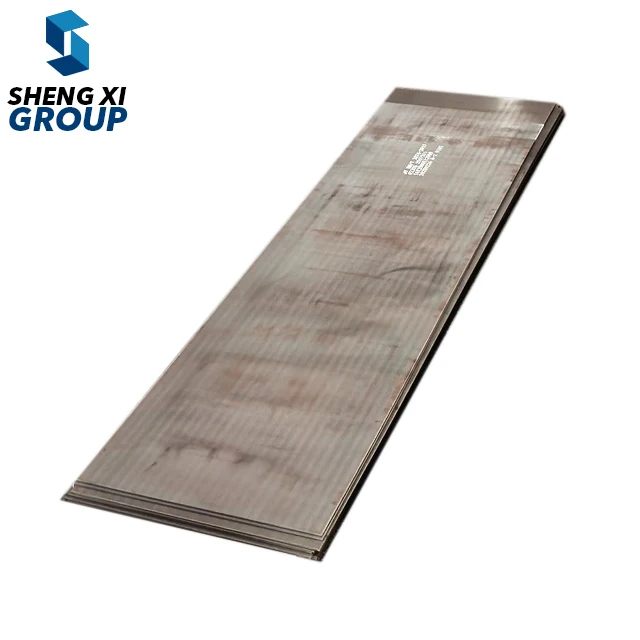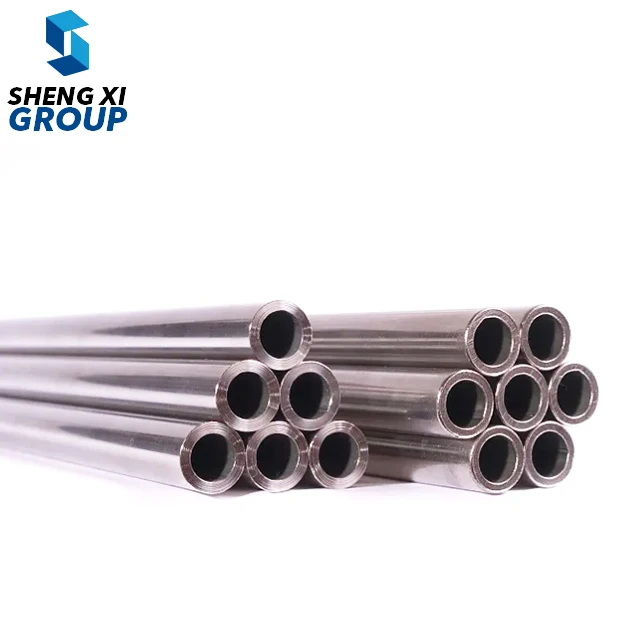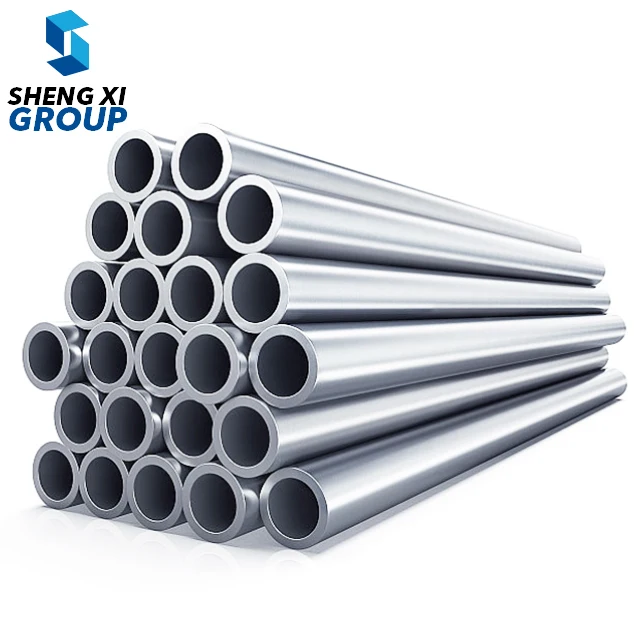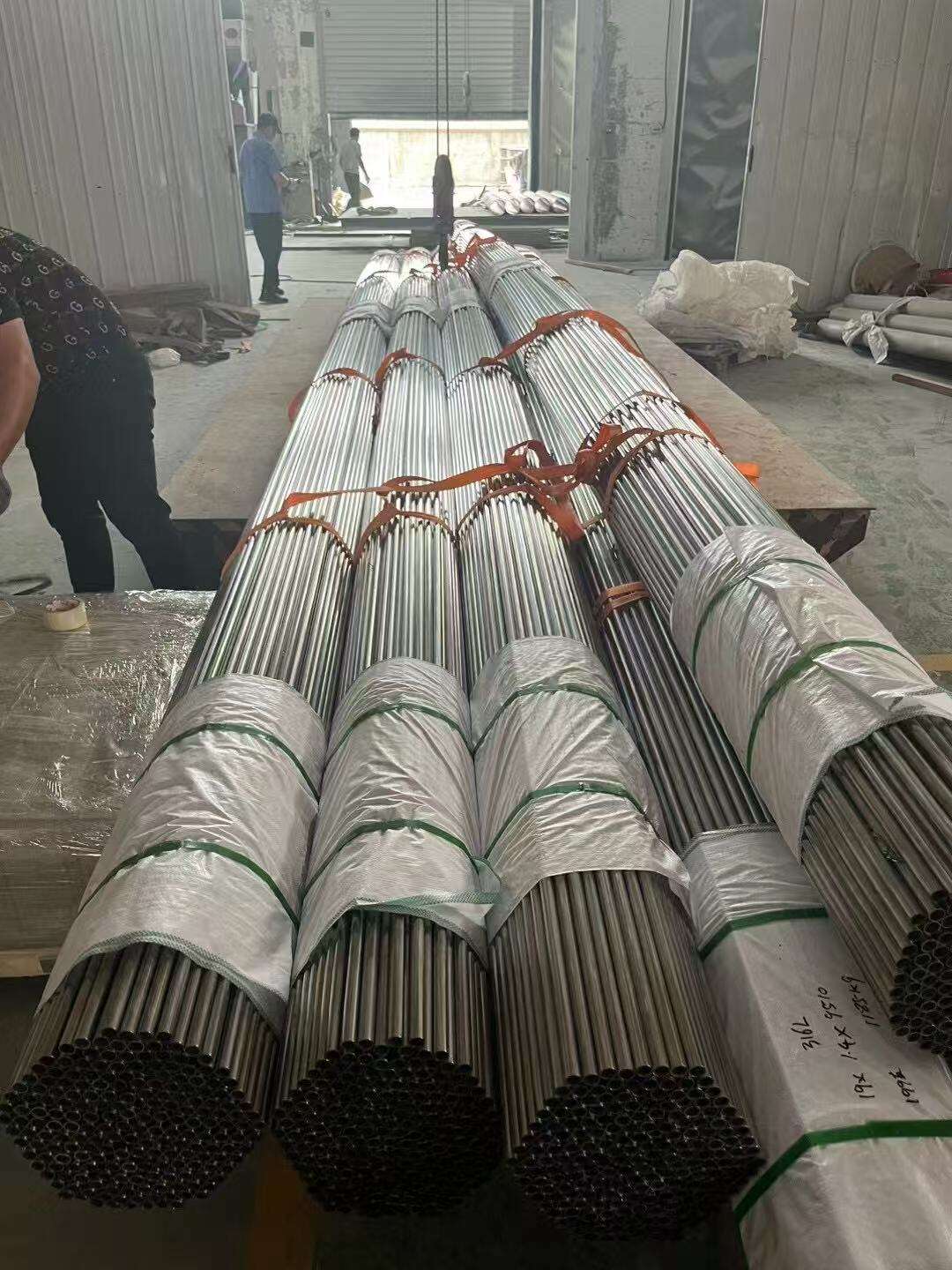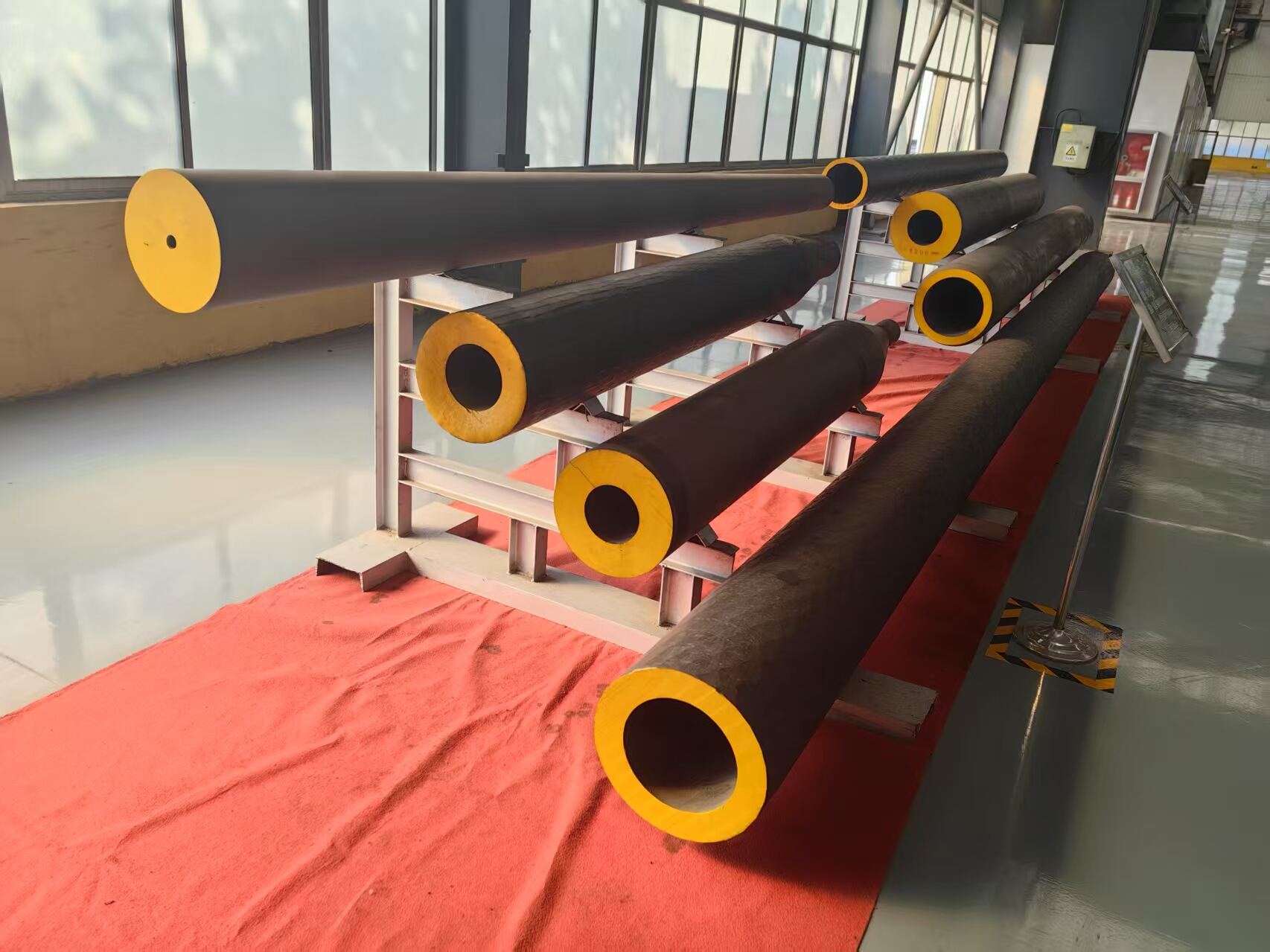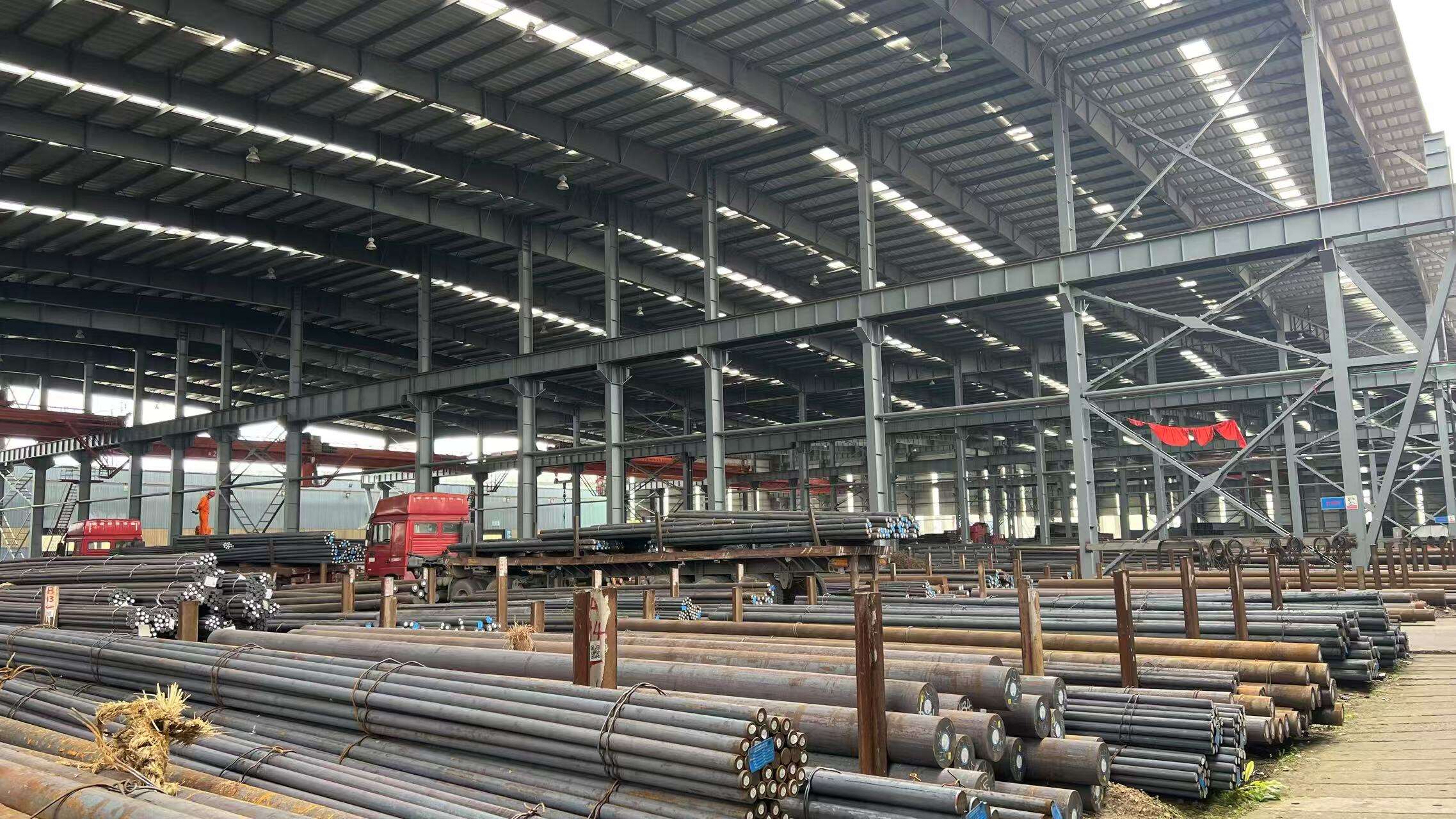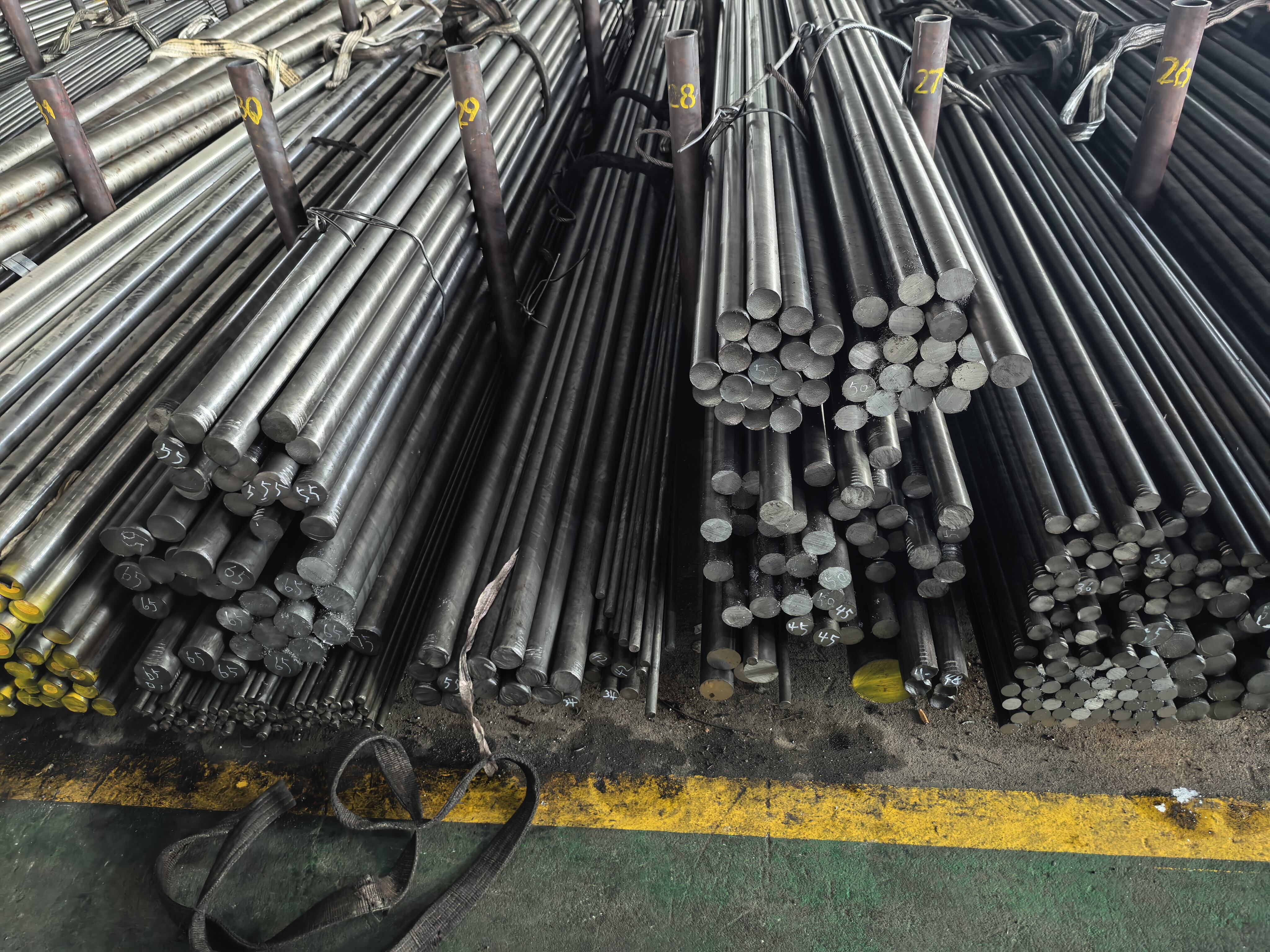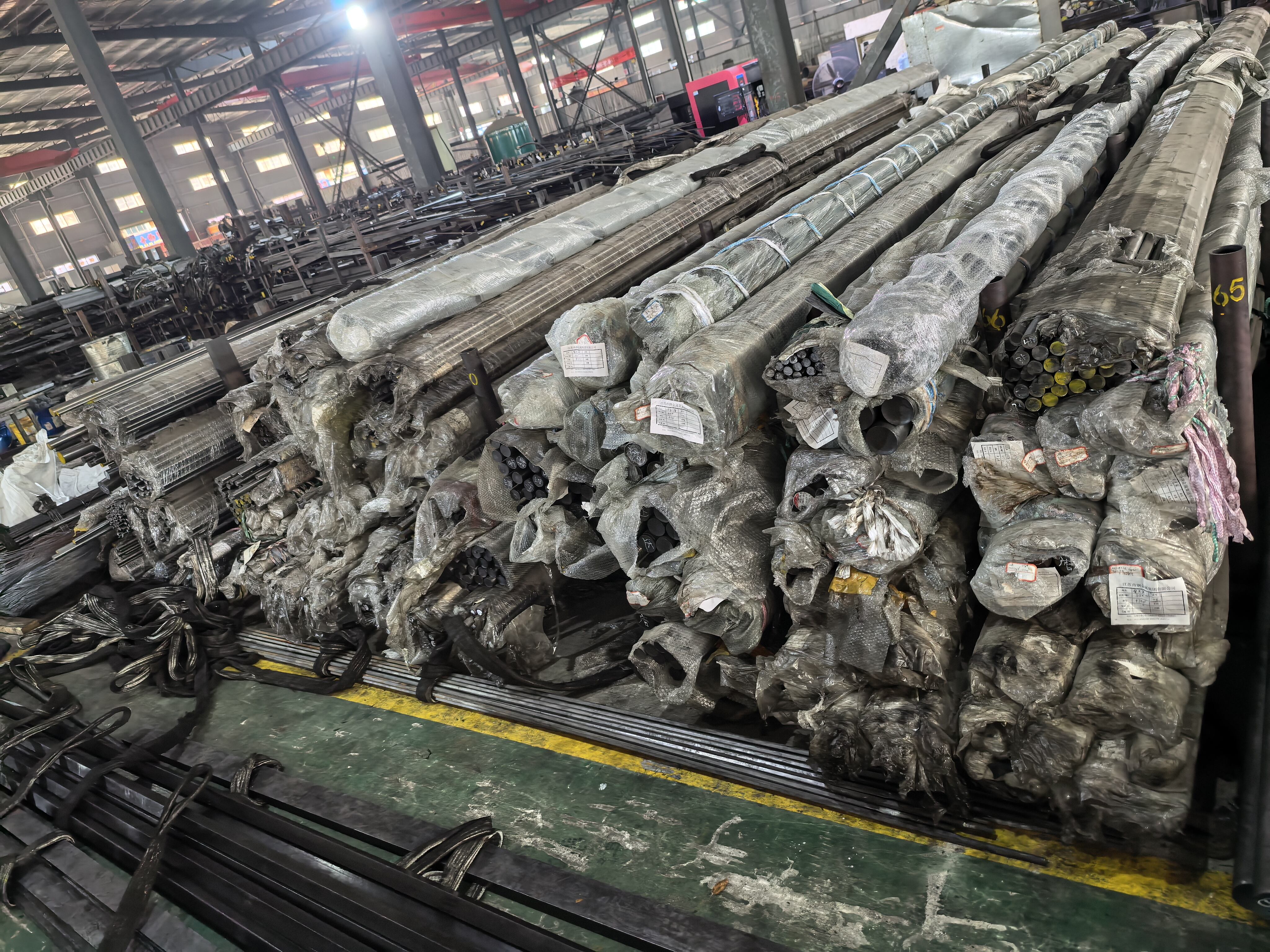high speed steel hss
High speed steel HSS represents a revolutionary advancement in cutting tool materials that has transformed manufacturing industries worldwide. This specialized steel alloy contains significant amounts of tungsten, molybdenum, chromium, and vanadium, creating a unique metallurgical structure that maintains exceptional hardness even at elevated temperatures. The primary function of high speed steel HSS involves manufacturing cutting tools, drill bits, saw blades, and machining implements that operate under demanding conditions. Unlike conventional carbon steels that lose their cutting edge when temperatures rise, high speed steel HSS maintains its structural integrity and sharpness during high-speed operations. The technological features of high speed steel HSS include superior red hardness properties, meaning the material retains its hardness at temperatures exceeding 600 degrees Celsius. This characteristic enables cutting tools made from high speed steel HSS to operate at significantly higher speeds without dulling or degrading. The alloy composition creates fine carbide particles distributed throughout the steel matrix, providing exceptional wear resistance and extended tool life. Applications for high speed steel HSS span across numerous industries including automotive manufacturing, aerospace engineering, metalworking, and precision machining. Common applications include manufacturing twist drills, end mills, reamers, taps, dies, broaches, and various cutting tools used in CNC machining operations. The versatility of high speed steel HSS makes it suitable for machining different materials including steel, aluminum, plastics, and composite materials. Modern manufacturing processes rely heavily on high speed steel HSS tools for achieving precise tolerances and surface finishes. The material's ability to maintain cutting performance under thermal stress makes it indispensable for high-volume production environments where efficiency and consistency are paramount. High speed steel HSS continues to evolve with new grades and compositions being developed to meet increasingly demanding manufacturing requirements.

